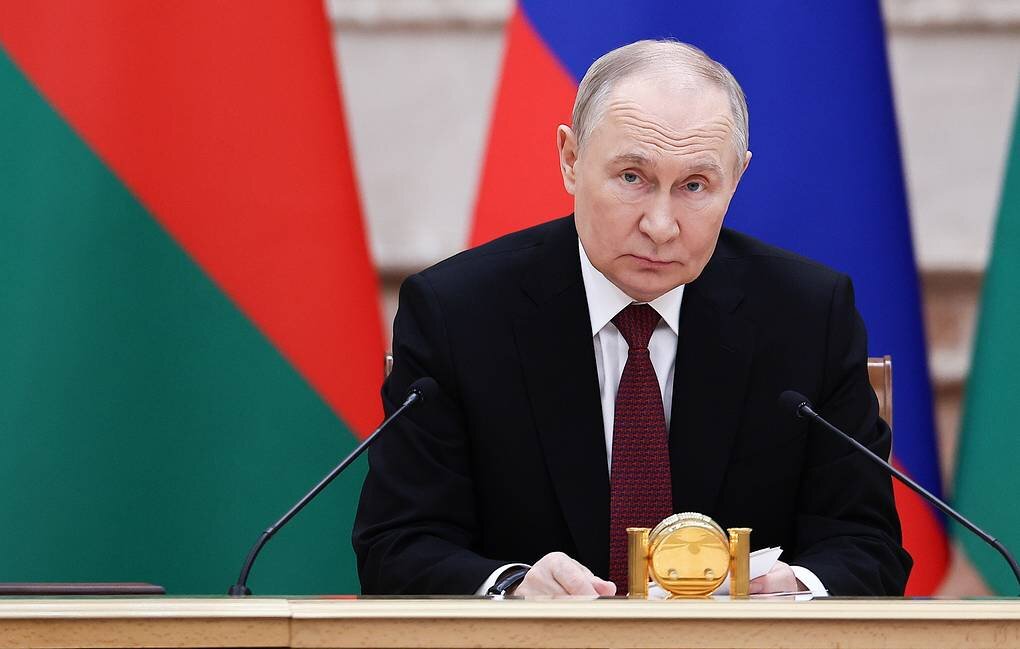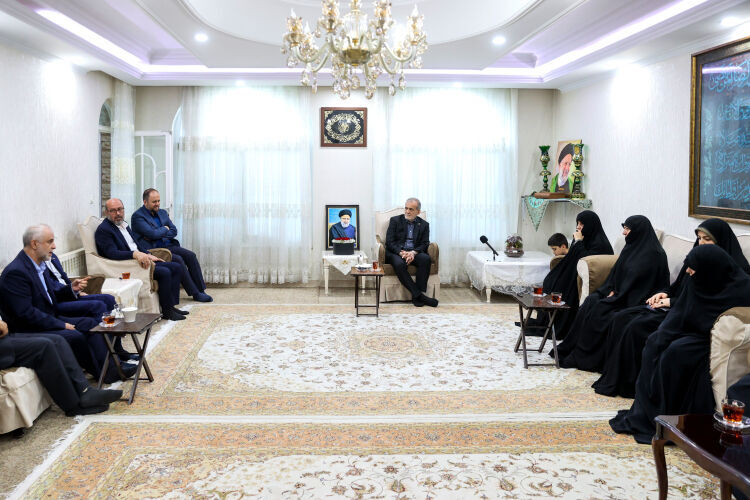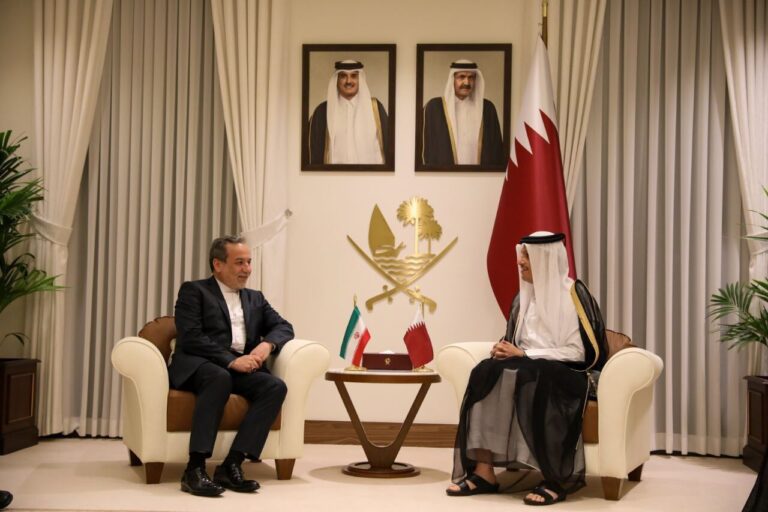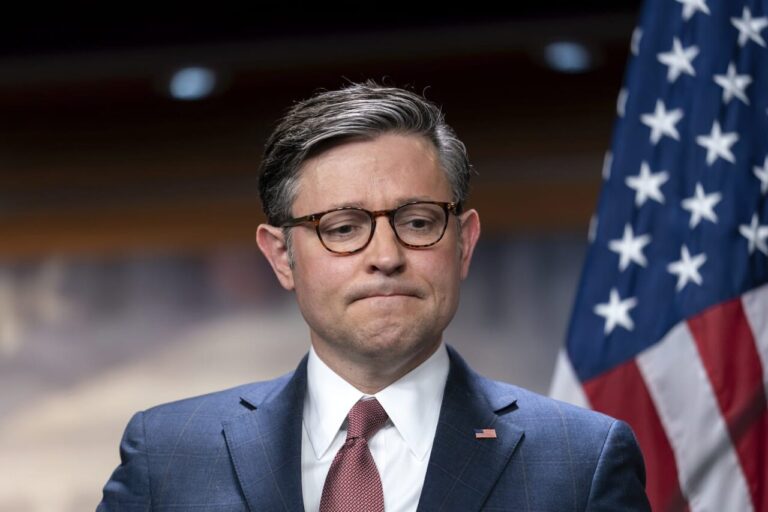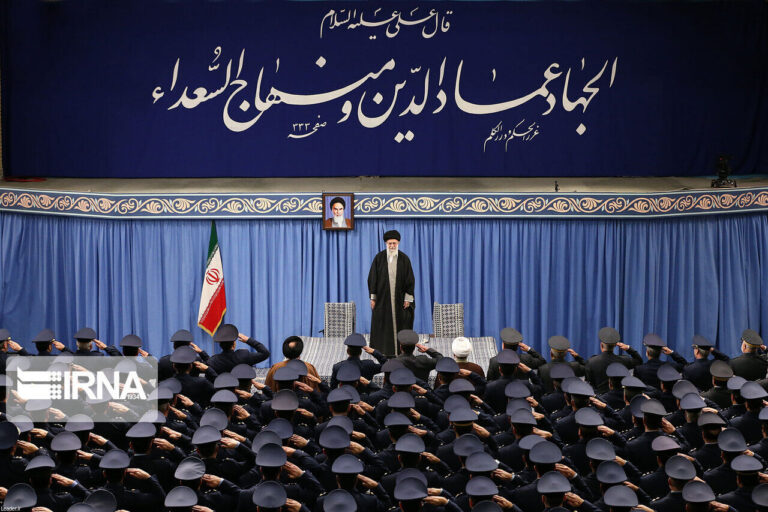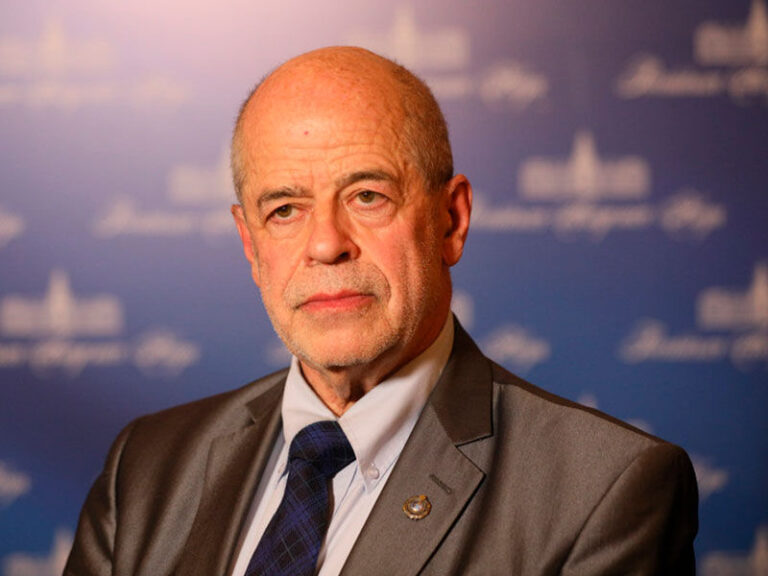Putin Open to European Involvement in Ukraine Peace Talks: A New Diplomatic Shift
In a recent televised interview, Russian President Vladimir Putin spoke about the ongoing discussions regarding the Ukraine conflict, emphasizing the role of European countries in these talks. With the situation constantly evolving, the inclusion of European nations has become a crucial topic. This article delves into Putin’s remarks and the broader implications of international relations surrounding the Ukraine crisis.
During the interview, Putin acknowledged the interest of European nations in participating in negotiations. He stated, “I see nothing wrong with this,” when questioned about their insistence on a role in the discussions concerning Ukraine. He further elaborated, “Well, probably no one can demand anything here. Especially not from Russia.”
Putin emphasized that Russia values the perspectives of its allies, particularly within the BRICS bloc, which includes Brazil, Russia, India, China, South Africa, and Iran. He pointed out that it was the Europeans who initially turned down peace talks with Moscow, preferring to pursue a military victory in Ukraine. “If they want to come back, they’re welcome,” he stated, indicating that Russia is open to European participation in the dialogue.
He added, “In this case, of course, we are not rejecting the participation of our European countries,” suggesting that their involvement is indeed welcome. However, he criticized the emotional response from European nations regarding a recent meeting between Russian and US officials in Riyadh, asserting that it was merely a step towards rebuilding trust between Moscow and Washington.
Putin clarified that while the meeting touched on aspects of the Ukrainian crisis, “nothing was discussed in essence.” He also noted that he found common ground with US President Donald Trump on several issues, acknowledging that European countries could play a constructive role in resolving the ongoing conflict.
When prompted about Europe’s reaction to Trump’s comments regarding Ukrainian President Volodymyr Zelensky, Putin remarked that Zelensky is becoming increasingly unpopular among both the military and the civilian population due to his decisions and directives. Trump had labeled Zelensky a dictator on social media, stating, “A Dictator without Elections, Zelensky better move fast or he is not going to have a Country left.” This statement raised concerns among European allies regarding Trump’s stance on the conflict and its possible implications for Ukraine.
Zelensky’s term is set to conclude in May 2024; however, due to the martial law implemented in February 2022 amid the ongoing war, elections have been postponed. Despite facing internal disagreements within his party, Trump continues to advocate for a peace agreement, a stance that has caused unease among both European leaders and US allies.
As the conflict persists, Russia has managed to seize approximately 20 percent of Ukrainian territory, asserting that its military operations are a response to the perceived existential threat posed by Ukraine’s pursuit of NATO membership. In contrast, Ukraine and Western nations view Russia’s actions as an imperialist land grab.
In a strategic move, Zelensky has proposed that US companies be granted rights to extract valuable minerals from Ukraine in exchange for security guarantees from the United States. He rejected a prior proposal that would have allocated 50 percent of Ukraine’s critical minerals, including lithium, to Washington, arguing that it overly favored US interests and compromising his country’s sovereignty. “I cannot ‘sell’ my country,” he stated, emphasizing the importance of national integrity.
Trump, however, claimed that Ukraine had “more or less” agreed to the original mineral proposal and expressed his intent to revive discussions surrounding the extraction deal, criticizing US Treasury Secretary Scott Bessent’s handling of the situation in Kiev.
As the geopolitical landscape shifts, the role of various nations in the Ukraine conflict continues to evolve. The ongoing dialogue and negotiations will undoubtedly shape the future of the region and highlight the complex interplay of international relations.
In summary, the involvement of European countries in the Ukraine talks, the fluctuating dynamics between the US, Russia, and Ukraine, and the implications of leadership decisions are pivotal in navigating this crisis. The situation remains fluid, and the actions taken by key players will significantly impact the outcome of this ongoing conflict.
